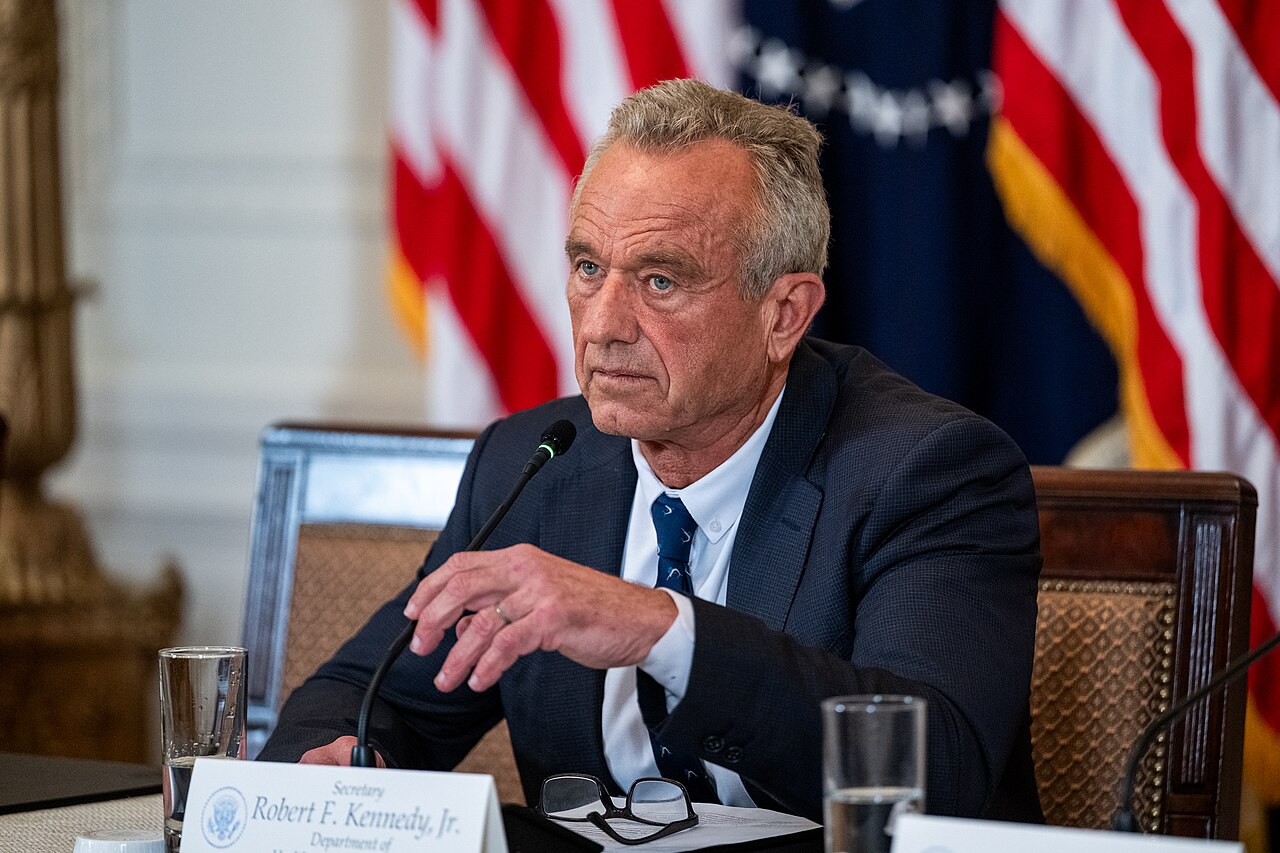After Secretary of Health and Human Services Robert F. Kennedy Jr. removed and replaced the members of the CDC’s Advisory Committee for Immunization Practices, Kennedy and his new appointees to the panel have received a retaliatory onslaught of criticism in the media’s coverage. Kennedy’s announcement of the move argued that replacing the committee is necessary to restore public trust — a trust that has “been broken because of issues with transparency and conflicts of interest within the committee.” Kennedy pointed out that the previous members “regularly participated in deliberations and advocated products in which they had a financial stake,” and that most of ACIP’s members “have received substantial funding from pharmaceutical companies.” (RELATED: ‘A Clean Sweep’: RFK Jr. Fires 17 Members of the Advisory Committee for Immunization Practices) Kennedy said that his new ACIP members are “credentialed scientists, leading public-health experts, and some of America’s most accomplished physicians.” However, media companies have since attempted to portray the new appointees as having their own conflicts of interest, despite meager support for their allusions. The New York Times released an article on Friday alleging conflicts of interest with three of Kennedy’s new appointees. The article’s grievances with the new appointees are that they “assisted in legal cases that were either against vaccine makers” or “suggested widespread vaccine-caused harm.” In particular, Vicky Pebsworth, Dr. Robert Malone, and Martin Kulldorff have served as expert witnesses in cases against vaccine manufacturers and were compensated for their time (as expert witnesses typically are). CNN and other outlets have made a big deal of the fact that Malone was compensated $350 per hour as an expert witness, even though that number is below the national average (which ranges from $356 for initial case reviews to $478 for trial testimony). Malone has also committed the grievance of having a Substack w...
No hoodwinking or hornswoggling here.
Support independent journalism and get unlimited access to quality commentary.
Already a subscriber? Login here
























